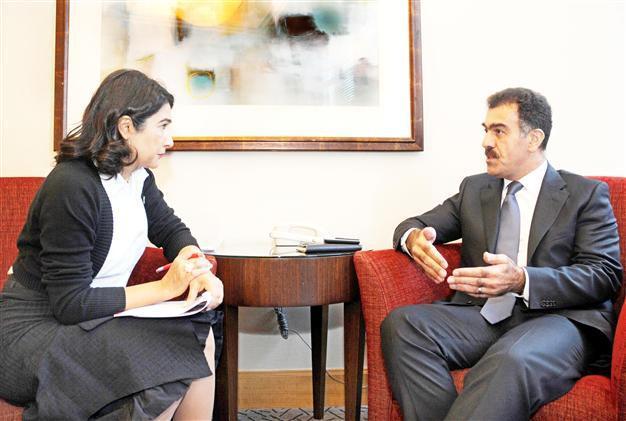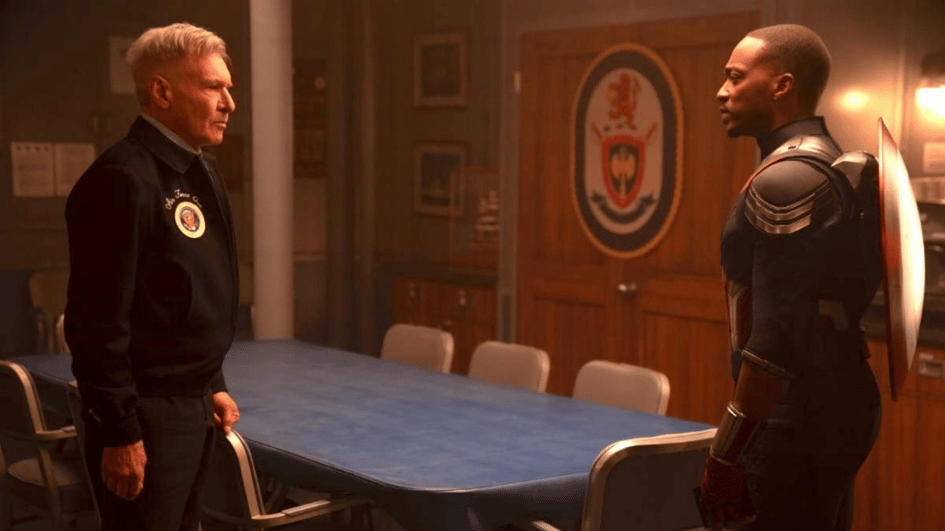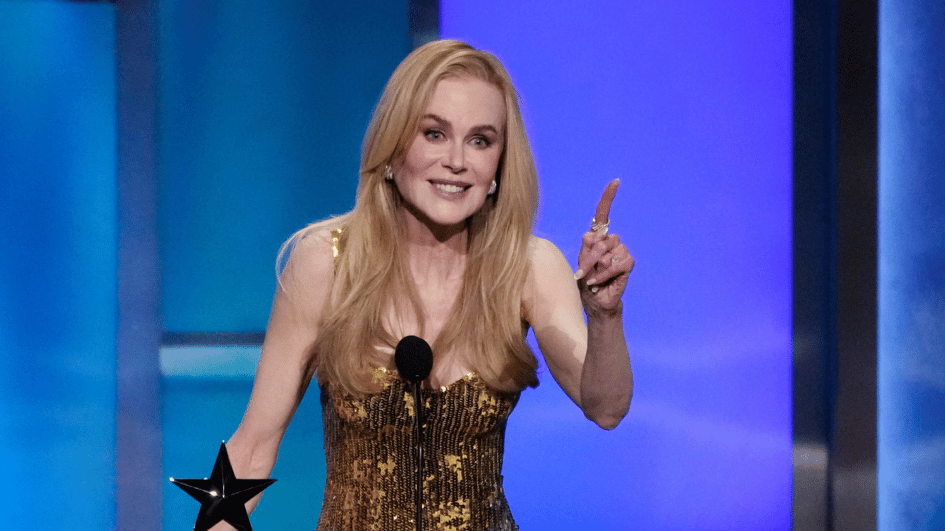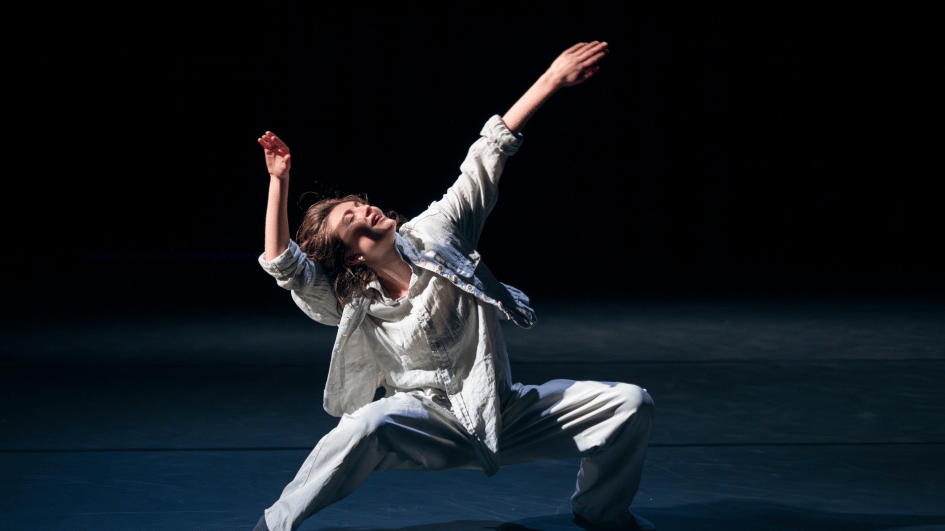‘Kurdish state has to depend on neighbors’
ISTANBUL - Hürriyet Daily News

There is a change in the mindset of Turkish people towards Iraqi Kurds says Safeen Dizayee, adding that many Turks from as far away as Thrace go to Northern Iraq to set up businesses. DAILY NEWS photos, Hasan ALTINIŞIK
Kurds could carve out an independent state in northern Iraq, but the state would remain inherently tied to its neighbors, according to a prominent Iraqi Kurdish leader.“Even if tomorrow … there is an independent Kurdish state in Iraq, it would be a dependent independent [country] whether on Turkey, Iran, Syria or Iraq,” Safeen Dizayee of the Kurdistan Democratic Party (KDP) recently told the Daily News.
In your view, what’s the gist of the change in relations between Turkey and Iraqi Kurds?
Accepting the reality on the ground and dealing with that reality is, in itself, a major change. Most of the relations in the 1990s as far as the Turkish state was concerned were indexed to security issues, but it has been proven since 2003 that Kurdish political leaders are important elements in the political equation, not only of Iraq, but also of the entire Middle East. Accepting this reality on the ground made Turkish leaders review their policy and deal with this reality.
Before 2003, probably many Turkish leaders, as well as probably the newly elected leaders of the Justice and Development Party [AKP], thought that Baghdad would return to control the [Kurdish] region sooner or later. For a good while, Ankara wanted to deal directly with Baghdad [on the basis of sovereign state to sovereign state], while bypassing the Kurdish region politically and economically. Ankara avoided Arbil altogether. While senior diplomats, ministers and vice presidents [from other countries] were visiting Arbil, Ankara avoided even sending a junior diplomat from the embassy in Baghdad.
But the people running key positions in Baghdad were Kurds, because in the early days, the Sunnis boycotted the process and the Kurdish gains of the 1990s were [solidified into] the Iraqi constitution. And all the Kurdish groups came to Arbil to consult Kurdish leaders. Ankara realized the fact that the Kurdish leadership was something to be recognized. The fact that Kurdish leaders and, in particular, [northern Iraqi leader Masoud] Barzani could be the power brokers within Iraq and a factor of stability for Iraq and the region is important to underline.
The extension of Barzani’s influence goes beyond the borders of Iraq among the Kurds in a positive way [that does not involve] interfering in the internal affairs of Kurds in each one of these countries but in trying to play a role to end the violence wherever it may be, whether in Turkey, Syria or Iran.
So you are saying Turkey has recognized the Iraqi Kurdish reality.
I believe so. And this was not an easy job for the Turkish side. In 2008, the Turkish military entered the region; it almost led to a confrontation, but before that and after that, a lot of work was going on behind the scene. [Turkish Foreign Minister] Ahmet Davutoğlu contributed a lot to this rapprochement when he was advisor to the prime minister, as did people from his staff, like Murat Özçelik. From behind-the-scenes meetings to the days when Masoud Barzani came to address the congress of the ruling party - which itself is a remarkable move - we have come a long way in four years.
In between, of course, the economical development from 2003 on has also played a role in bettering ties. The Kurdistan region has offered huge potential for Turkish goods and products and energy is equally important.
We also recognized Turkey’s strength and position in the region as a developing power in all aspects. That recognition has been there on our side for a long time.
In what way has the problem of the outlawed Kurdistan Workers’ Party (PKK) played a role in Turkey’s revision of its policies?
The PKK issue is a continuing issue. It was there long before relations existed. From the early 1980s, the PKK had bases in Iraq, long before Kurds were in control of the Kurdistan region of today. We don’t want to [think of] the PKK element as one of the key factors in our relations. It’s a matter of concern to Turkey and to us. In the 1990s, relations were indexed to the PKK; today it is one of the issues that can be talked about.
Can you elaborate on the web of bilateral relations.
The potential for development is huge. Today, you find 50,000 or more Turkish citizens working in the region. In several cities, hotels and malls are either being built by Turkish companies or managed by them. There is social and economic integration. Today, you find more people going to Turkey than Iran or Jordan for medical treatment. There are dozens of buses going back and forth. Turkish soap operas and Turkish music are also very popular.
Do you think Turkey has rid itself of the paranoia that Kurds will one day form an independent state in Iraq, or do you think Turkey no longer believes there is such an aim?
For any Kurd, if you ask the question, “Do you want to be independent?” the answer without any hesitation would be “yes.” But Kurdish leaders have been very wise and very careful to be pragmatic about entertaining ideas that are achievable. What we have been able to achieve over a long period of time is something that is in the Iraqi constitution; we should be able to protect it. Even if tomorrow when there is a Kurdish independent state in Iraq, it would be a dependent independent [country] whether on Turkey, Iran, Syria or Iraq. You live in an environment in which you are geographically, culturally and socially interlinked with the peoples and communities around you. At least economically you cannot isolate yourself. So this taboo in Turkey is probably at least being argued. It is no longer a taboo; [but] whether it will be accepted or not - that is a different matter.
What do you see when you look at relations from people to people?
From the days where there was dislike - if I put it mildly - to the days when you have such an approach that not only people of Kurdish origin in Turkey, but people from as far as Thrace are coming and setting up businesses in several cities and feeling quite at home there, there have been major developments.
There is also a change in the mindset. The concerns over the PKK are there, of course, because we see body bags coming from time to time, but the negative attitude which was once there has diminished or is diminishing.
To what degree are the currently warm relations between Turkey and Iraqi Kurds irreversible? Just a few months ago, Barzani’s meeting with Syrian Kurds led to angry reactions in Turkey.
It is natural right for all Kurds to have affinity with their brothers as much as Turkey has it with Turks in Bulgaria or northern Cyprus. We are saddened by the loss of life of civilians in Syria whether it be Kurds, Arabs, Druze, et cetera. Knowing well that things are changing in the Middle East, Kurds are important components in the region, be it in Syria, Turkey, Iraq or Iran. The people who have spearheaded the changes [in Syria], [whether] the opposition or the Syrian National Council, have unfortunately had no program or agenda for the Kurdish issue in Syria. When they saw there was no road map for Kurds in Syria, they withdrew from it. As an immediate neighbor, Turkey has every right to be concerned, to make statements or even give ideas about what the future of Syria might look like; as immediate neighbors and with affinity with our 2.5 million Kurds there, we also put our ideas forward. We advise them not to be part of any violence or any efforts and to avoid any conflict between Arabs and Kurds. We advised them not to get involved directly. The regime could manipulate that and say that Kurds are aiming to [separate] and set up another Israel, et cetera.
But to what degree do you think the relationship between Turks and Iraqi Kurds are well-rooted in view of the reactions? Some even said it is now like a Catholic marriage.
I don’t think a Catholic marriage for Muslims is viable but it is certainly not a “mutah” marriage - a Shiite temporary marriage. Even the best marriages also face problems. We should not expect that we will never face problems. But any problem should be solved with better communication and better understanding while avoiding rhetoric. I don’t think the policymakers were as upset as the opinion makers. Views were exchanged in our discussions. Yes, some of the concerns were there because of the PKK’s presence and the PYD’s [Democratic Union Party] links with the PKK. But Davutoğlu met with all opposition Kurdish groups in Arbil, with the exception of the PYD. The influence, or the respect Barzani enjoys with the rest of the Kurds, should be encouraged. He should be the one to go out and guide and help them [so that they] don’t fall under the influence of other people, and I think Turkey should open up dialogue with the Kurds of Syria, too.
When Barzani came to attend the AKP’s congress on Sept. 30, he went up to the stage under a chorus of “Turkey is proud of you.” What did he think about that?
He doesn’t understand Turkish. When he got back to the hotel; he didn’t understand what it was all about; he thought the chants were negative. These changes were unthinkable three to four years ago. That shows patience and sound policies from both sides.
Some are now talking about a Kurdish spring, that the developments will prove an opportunity for Kurds in different countries to unite. How do you see the future?
In each country where you have political boundaries, whether these boundaries are to my liking or to Iranian or Turkish liking, people are saying that the Middle East is changing; [whether the] borders are changing or not changing is a different matter. Under the circumstances, we fully support the rights of the Kurdish people in all these countries. But with each country, you can’t [take] a carbon-copy solution for the Kurds of Iraq [and apply it] to that of Turkey or Turkey to Syria, or Syria to Iran. In each country, they live under special, different circumstances, and within the countries in which they live, we believe they should be equal citizens, be granted democratic rights and live basically side by side with other groups - just as the Turks do with Arabs and all the other 27 ethnic groups that exist in Turkey.
How do you see the future between Turkey and Iraqi Kurds?
Hopefully, these borders will have little meaning - [but] I don’t refer to changes in borders. There is a reality on the ground and there are sovereign states and it should be respected, but it should carry little meaning. People should go with ease - there should be exchange of goods, knowhow and ideas.
But the PKK issue stands as an obstacle to the picture you draw.
I don’t think that should be an obstacle. At the end of the day, people need security, stability and a good standard of living. If you go to the border areas [to see people] who are dealing directly on a trade basis with our region, their standards have improved.
I am not trying to [restrict] the issue to economic development alone; it has cultural, social and security dimensions, but the economic dimension will play the key role in resolving other issues, and we have seen there have been efforts to solve it through peaceful ways, and that is the right way. This violence must come to an end.
But lately the government has been giving the impression that it will rely more on security measures to solve the issue.
Any government that is being cornered would have such reaction, but I hope the doors of dialogue will not be closed.
WHO IS SAFEEN DIZAYEE?
Safeen Dizayee, who worked as the Kurdistan Democratic Party’s (KDP) representative in Ankara from 1992 to 2003, is one of the key figures shaping relations between Turkey and the Iraqi Kurdish leadership.
From 1980 to 1989, Dizayee was an active member of the Kurdistan Students’ Society in Europe.
In 1999, he was elected to the KDP’s Central Committee. After the fall of Saddam Hussein in Iraq, he began working as the second deputy to northern Iraqi leader Masoud Barzani as a member of the Iraqi Governing Council in 2003-2004 under the Coalition Provisional Authority in Baghdad.
Between 2005 and 2009, Dizayee was the head of the KDP’s international relations bureau.
Diyazee acted as education minister in the sixth Kurdistan Regional Government Cabinet from 2009 to April 2012.
















